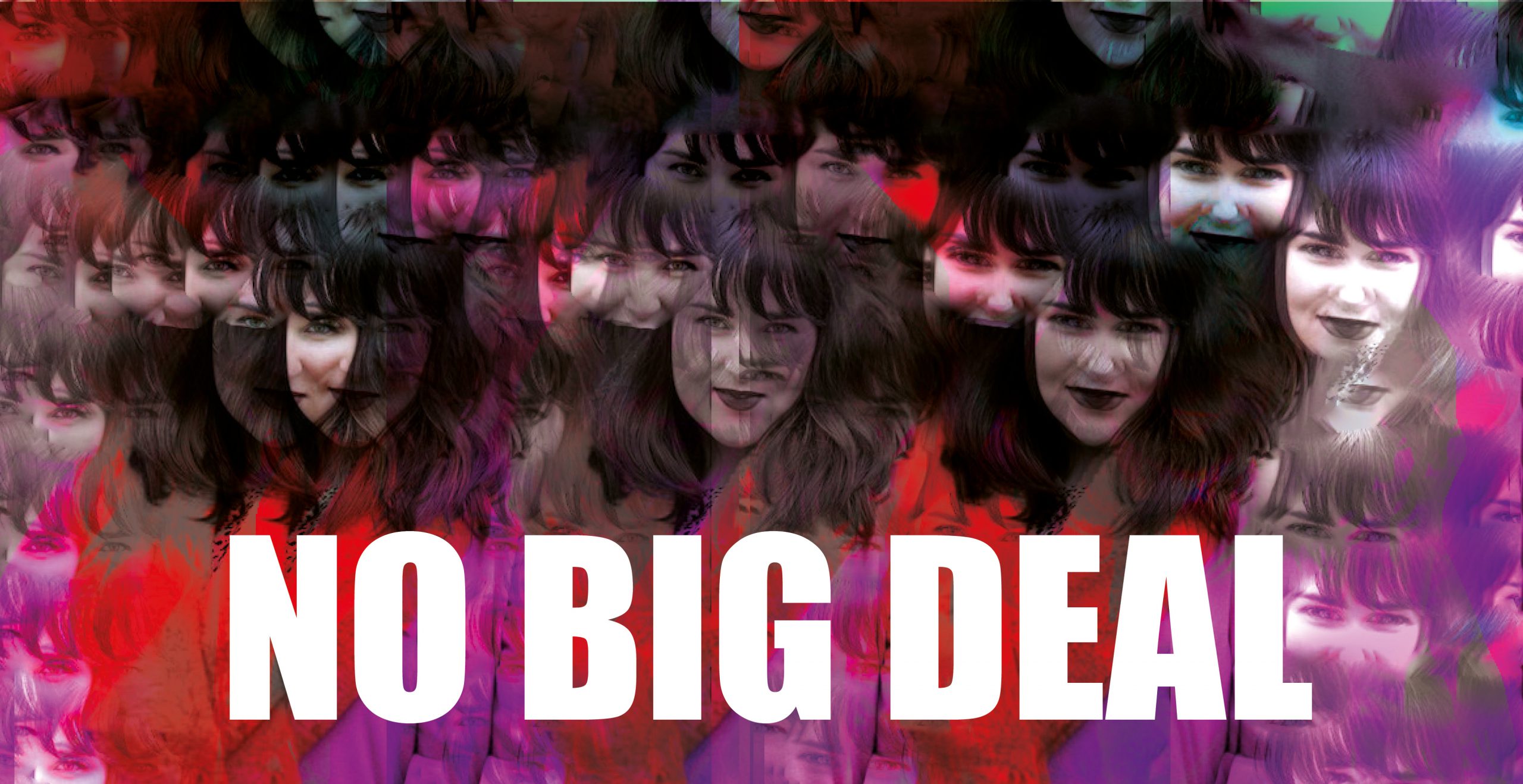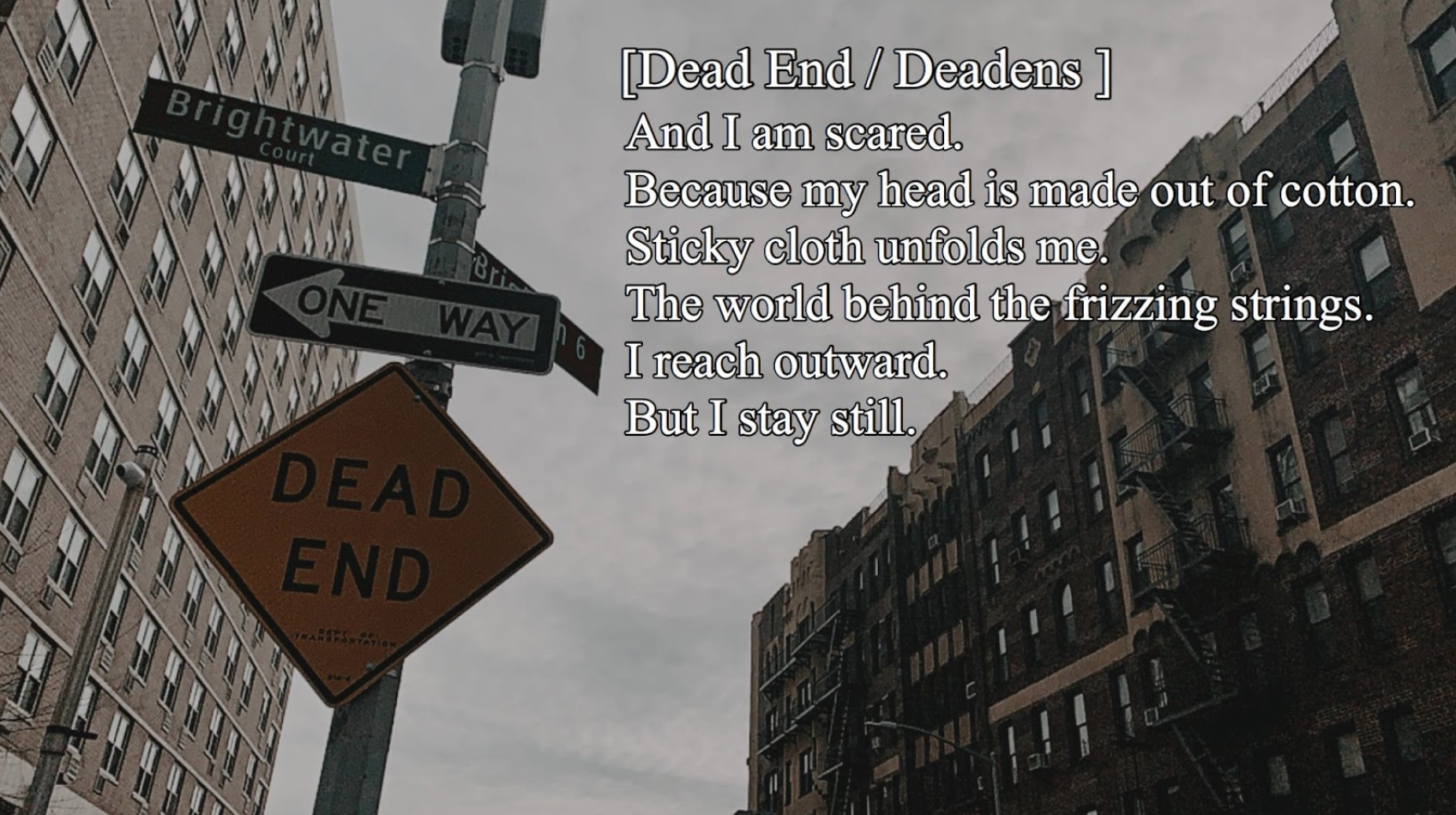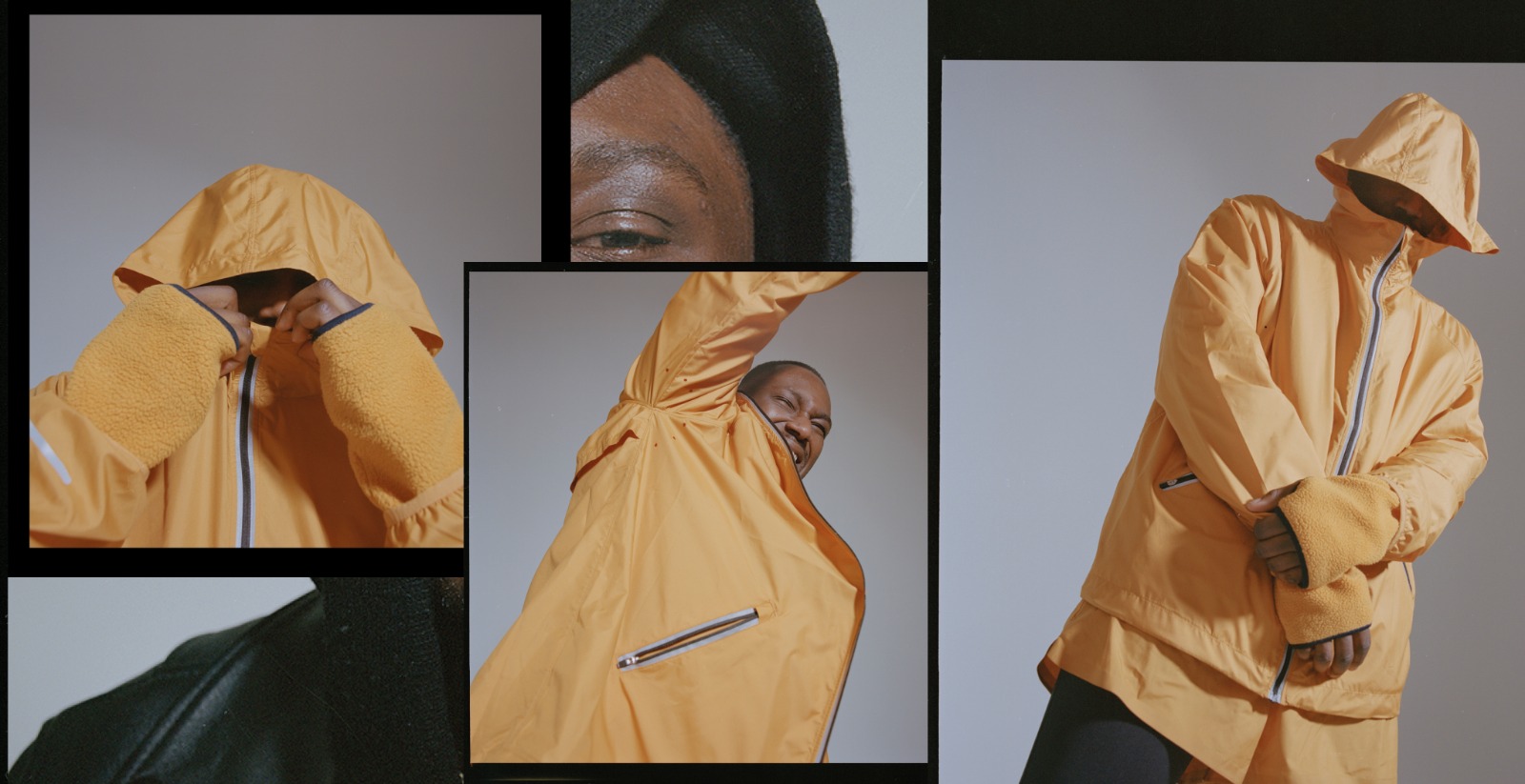Changing habits: How books and their protagonists shape our mind
One of my guilty pleasures is corny young adult fiction, and in the era of Corona, I’ve taken the opportunity to indulge myself a bit more by ordering a few books. Among them, I came across “No Big Deal” by Bethany Rutter, thanks to an episode of the Eighty Eight Podcast hosted by Sara Brown and Ella Sisso, two amazing plus-size bloggers. They briefly introduced the book, and I was immediately intrigued. A story with a protagonist who is plus-size? Count me in!
As a 23-year-old who has always been fuller figured, I’ve never actually read a book featuring a curvy main character. While I read a lot during my teenage years, I never really stopped to consider what I was reading. I simply enjoyed what was popular, what allowed me to escape into unrealistic relationships and fantasies. However, as I’ve become more aware of the toxic trends that permeate social media, campaigns, movies, music, and other forms of media, I’ve started questioning why I never felt like something was missing.
Whenever I read a book, I typically connect with the decisions and emotions of the main character. However, when it came to female characters, I was often introduced to slender, petite girls with beautiful hair and sparkly blue eyes. Reflecting on this underrepresentation in fiction, I can’t help but think about other marginalized groups as well. Where are the elderly women, queer individuals, people of color, and people with disabilities in literature? Growing up, I can’t recall a single major young adult work where someone from those groups played a leading role.
Therefore, I believe it’s crucial to reassess our reading habits, along with our consumption of other forms of media. What we see and read shapes our realities and establishes unbalanced standards and ideals. Consuming mainstream media and its normative images not only affects minorities psychologically, but it also hinders personal growth and openness to different experiences.
That’s why I’m incredibly grateful to have discovered “No Big Deal” by Bethany Rutter. The story revolves around Emily, a character who knows she’s worthy, beautiful, and intelligent but struggles to prove that to the world. What’s refreshing about Emily is that she doesn’t care about being fat; it’s a non-issue for her. Unlike other books with fat characters that often focus on appearance and weight concerns, this novel offers a viewpoint that promotes self-love and body positivity.
In addition to the typical young adult love dilemmas and romantic aspects, the book tackles Emily’s realistic struggles with friendship and family, all presented with a sense of humor. One of the early scenes, where Emily finds herself stuck in a shirt while shopping with her friends, made me realize how much I needed a book like this. Not fitting into the largest available size in a store might not be relatable to everyone, but the feeling of knowing you’re not alone, and that even book characters face these challenges, is a source of joy and relief.
These little moments in the book, whether funny or more serious, combined with its clear stance against diet culture, make it a fantastic read for individuals of all ages and sizes. I long for more books that challenge our reading habits and contribute to a vibrant, diverse literary world where everyone can feel represented.



























